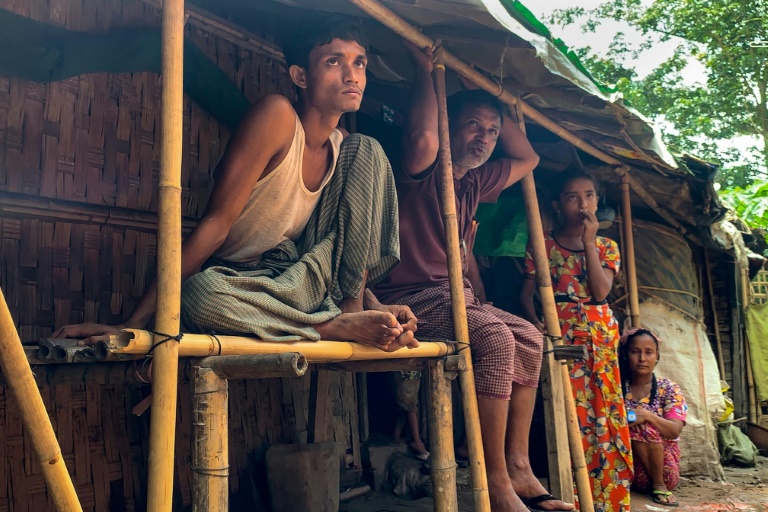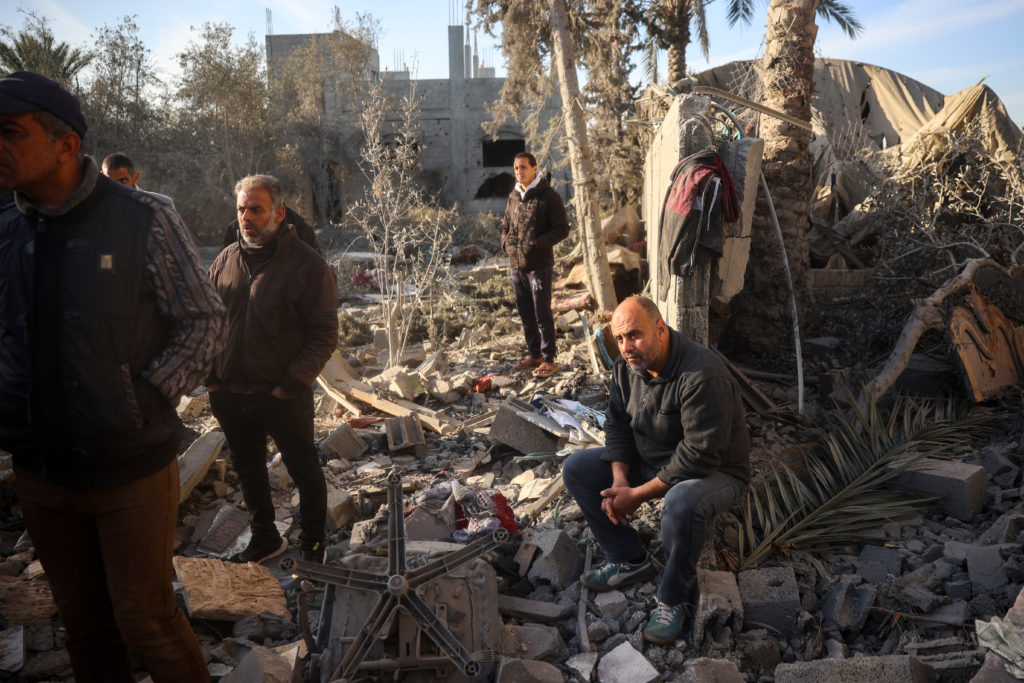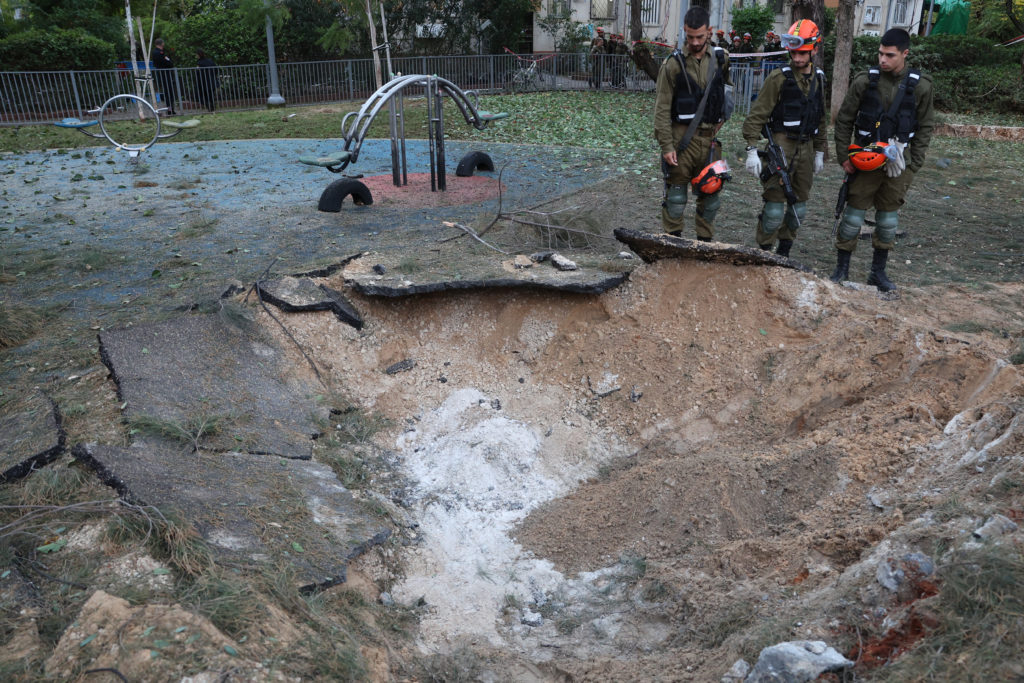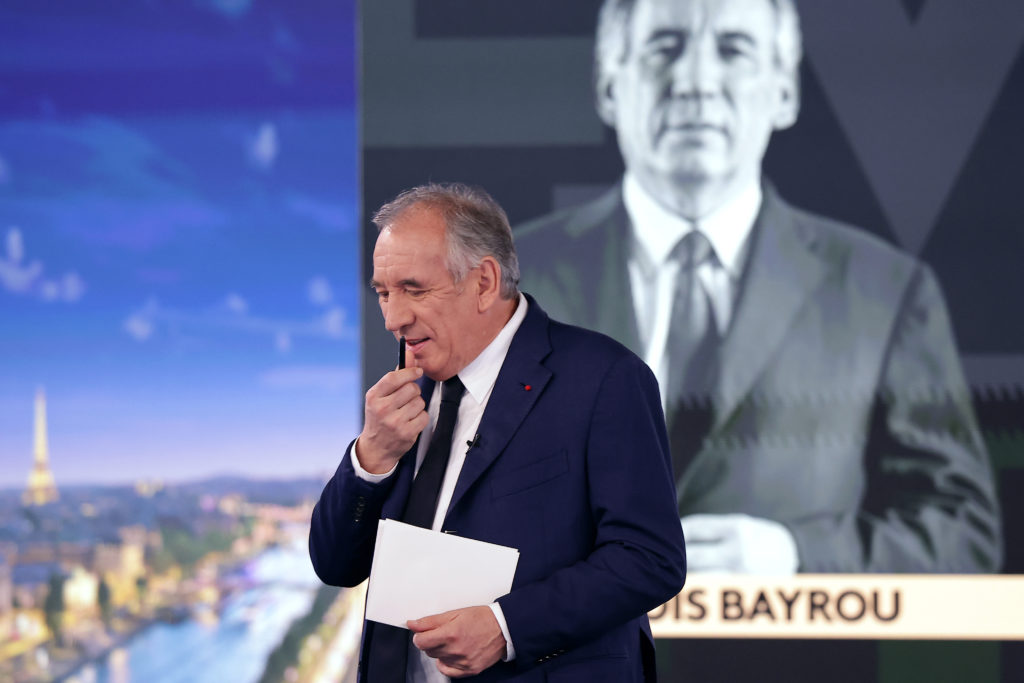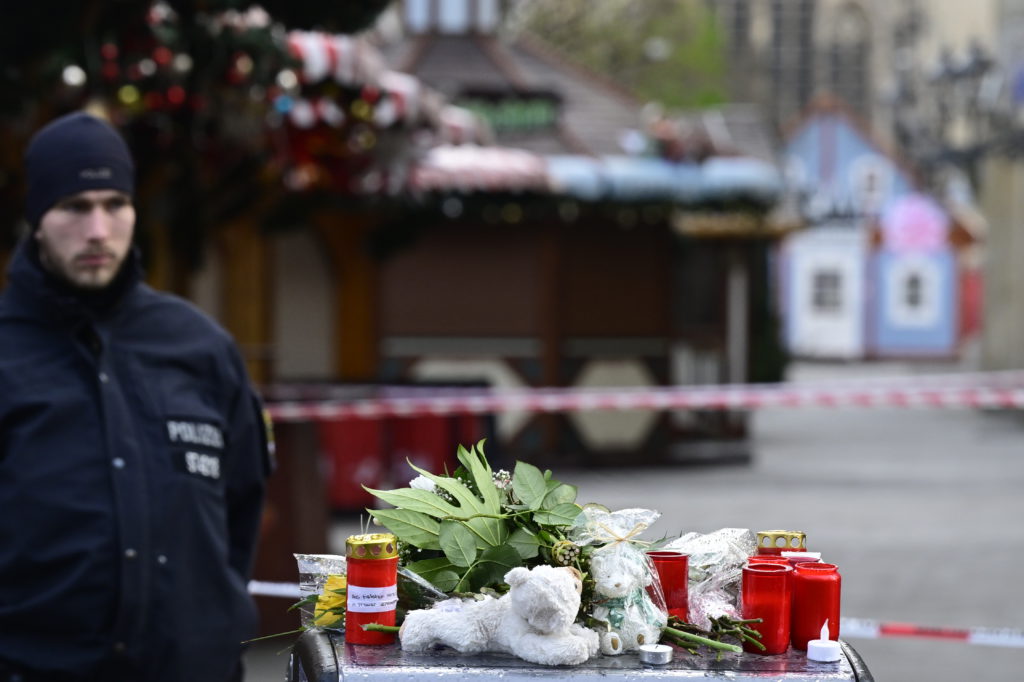Myanmar’s junta rejected on Wednesday a UN Human Rights Council resolution calling for reconciliation with the persecuted Rohingya minority, slamming “one-sided allegations” over its treatment of the stateless community.
The country has been in turmoil since the government of Aung San Suu Kyi was ousted in a February coup, sparking huge pro-democracy protests and a bloody military crackdown.
On Monday the Council adopted a resolution calling for “constructive and peaceful dialogue and reconciliation, in accordance with the will and interests of the people of Myanmar, including Rohingya Muslims.”
The resolution was “based on false information and one-sided allegations,” the junta’s foreign ministry said in a statement.
“The term ‘Rohingya’ which is invented with (a) wider political agenda is also unrecognised and rejected by the government,” it said.
The community had “never been recognised as the ethnic nationality of Myanmar,” it added.
In Myanmar, Rohingya have long been seen as interlopers from Bangladesh and have been denied citizenship, rights and access to services.
More than 700,000 Rohingya currently languish in camps in Bangladesh after a deadly 2017 military assault on their communities in western Rakhine state that now sees the country facing genocide charges.
Junta leader Min Aung Hlaing — who was head of the armed forces during the crackdown — has dismissed the word Rohingya as “an imaginary term”.
The UN resolution also voiced “unequivocal support for the people of Myanmar and their democratic aspirations” and called for the immediate cessation of fighting and hostilities.
China, one of the 47 Council members, said it could not join the consensus but nonetheless did not insist on bringing the text to a vote.
More than 900 people have been killed by the military since the coup, according to a local monitoring group.

